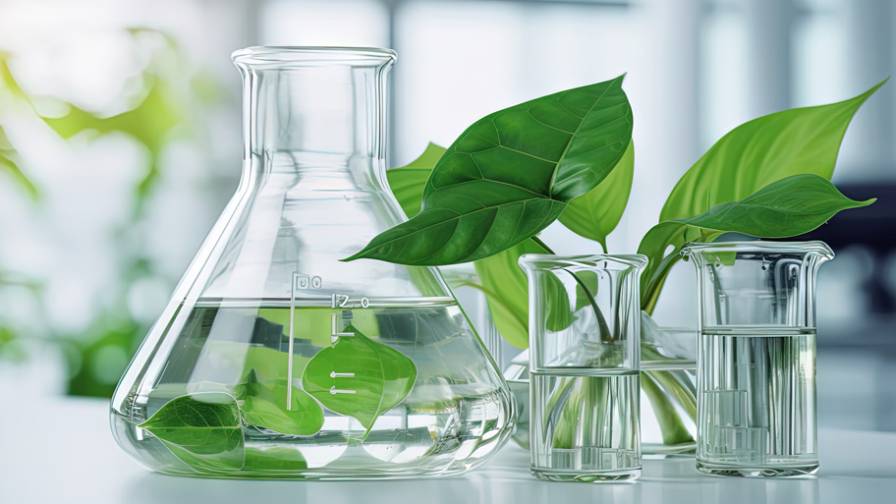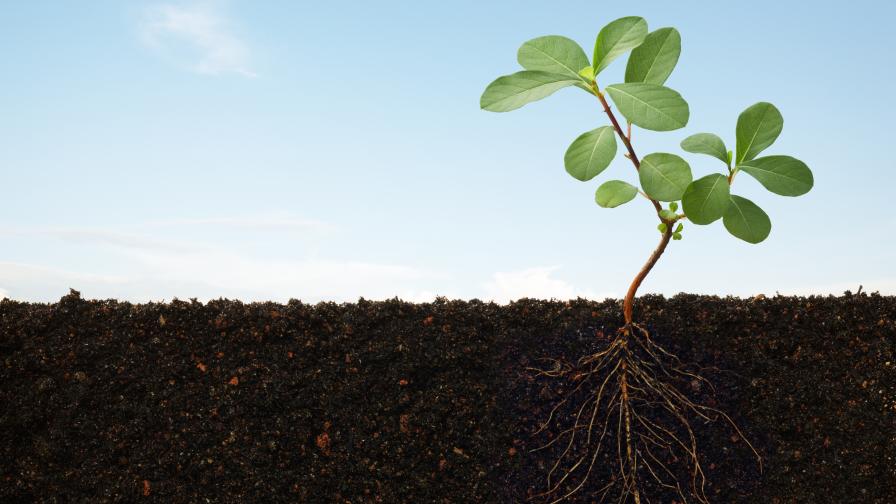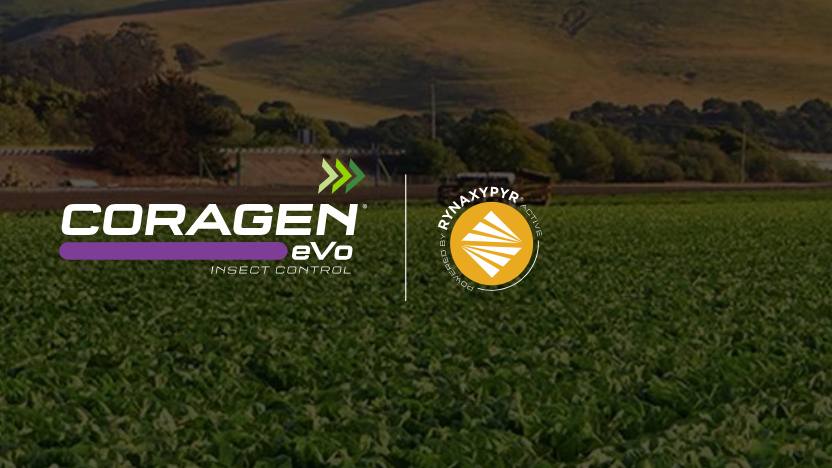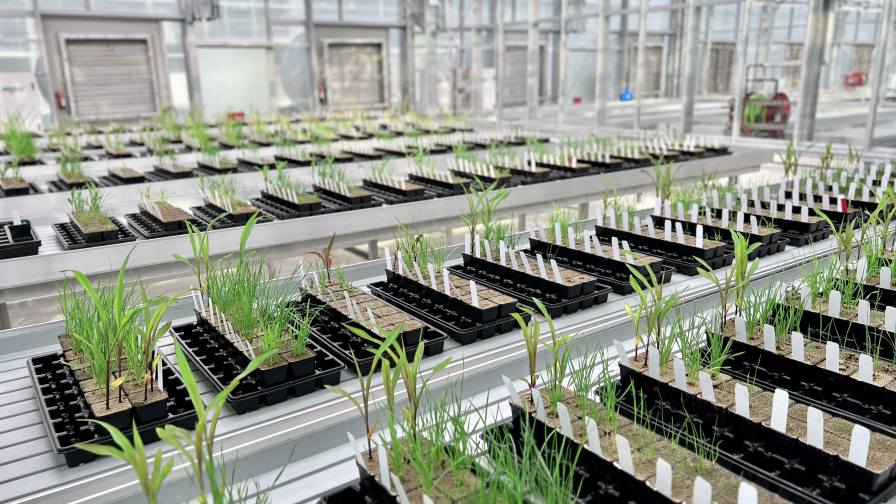The Future King of Tolling
I’m having tea with an animated David Zhou, who says he has a plan to make Iprochem a top-three manufacturing company in China during the next 10 years.
“Marketing companies already have the brands and distribution. It’s their manufacturing that I want, Zhou told AgriBusiness Global in his Shenzhen office last year. “We will be able to produce the intermediates and the AI tech for them at a lower cost with the plan we have in place. We will be a manufacturer to the world. Within five years, major manufacturers will all be with us.”
Zhou has proven that he has the skills for this kind of aggressive growth. As a startup in 2005, Iprochem managed to generate revenue of $30 million; last year he surpassed $150 million.
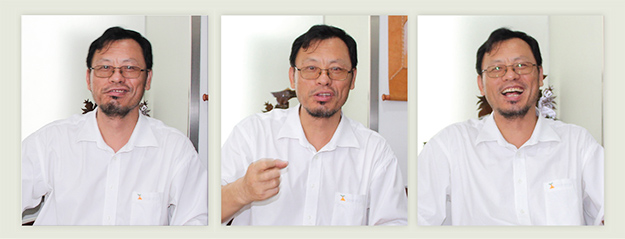
David Zhou pans to make Iprochem a top-three manufacturing company in China during the next 10 years.
“We’ve had excellent growth, but we need to do more,” he says. “The benefit in China is being a producer and not a trading company.”
Zhou is in the process of transforming his trading company with the purchase of 100 hectares in Hubei province that is furnished largely with out-of-date factories and old warehouses. He spent $30 million last year to renovate three facilities to meet new government specifications for pollution, using the factories’ existing manufacturing licenses to create more output for agrichemicals. As demand grows, he will continue to renovate or rebuild facilities to meet the need of his customers, some of which are helping to finance the first phase of the project.
But don’t expect Iprochem to flood the market with high-volume actives. Those might come in time, but for now it plans to capitalize on new technology to produce “dirty” intermediates and AIs. Zhou says there is a notable opportunity with triclopyr as environmental regulations tighten. Making 1 tonne of triclopyr results in 70 tonnes of wastewater that must be treated. And gas pollution, which many manufacturers leach into the air, also has its limits in China. Methomyl, for example, has been under scrutiny by municipalities in China as its smell is a symbol of the increasing air-quality concerns around the country.
To minimize and treat manufacturing byproducts, Iprochem has created and patented new manufacturing systems that treat and contain both water waste and gas pollution. These new pollution treatment systems, which Zhou says he will start to license to other manufacturers in India, will allow his manufacturing plant to produce more volume because the factories will not need to stop to treat pollution.
“Eventually we want to produce 100 products, and we will be able to control the costs and grow because there is no reason to stop production to treat or store pollution,” Zhou says. “We became the largest trading company in China in 10 years. In 10 more, we want to be the largest producer.”
Iprochem could benefit from a lower cost of production in Hubei. Not only is labor about half the cost compared to labor on the East Coast, new technical requirements are requiring East Coast manufacturers to upgrade facilities and in many cases move to industrial parks to meet new federal standards.
“We are going to win the orders,” Zhou says. “In three, or five, or 10 years, no one will believe we rose from a little trading company to where we will be then.”

